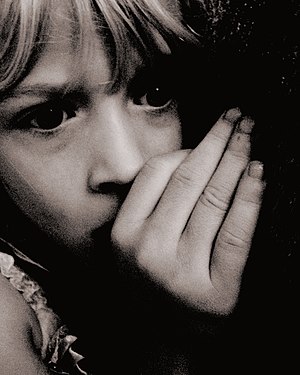It takes more strength to feel your feelings than it does to hide them. As counterintuitive as it may seem, I’ve found this to be true. Because we encounter so much anxiety and depression in our lives and in our recovery, it ‘s appropriate to also notice the element of grief which often acts as the undercurrent and silent driving force. If there’s a history of abuse or abandonment, neglect, or bullying, there is grief. If a parent suffers from a mental illness and/or addiction, there is grief. If there’s social anxiety, there is grief. It’s a pervasive feeling, and one which we often ignore or pass off as a phase, something that happens in passing. But in recovery, be it from addiction or mental illness or both, we need to address it.
How do we face our fears—especially when they are paralyzing? How do we defy this part of being human which urges us to avoid pain at all costs? We eat to feel better, drink and smoke to feel better, have sex to feel better, live on our phones to feel better, surf the Internet to feel better, ad infinitum. We do whatever it takes to go as far as possible from that nagging pain in our guts. With the addictive personality, this behavior is even more pronounced. If there’s a mental illness co-occurring but not acknowledged, the desire to resist the fear and feelings might be even greater. It can get pretty darn lonely, especially when one’s ego and fear kick in, coupled with a refusal to ask for help.
Certainly, there is an imperative to face these fears and the grief associated with them, but we can’t do it all at once. Since it requires us to look deeply within, I have found it far more beneficial to do in pieces. Even in a therapeutic environment, one doesn’t address every single issue at once. The trouble is, addicts and alcoholics don’t like to do anything in pieces. It’s usually all or nothing. It takes a new outlook and a commitment to slowing down to start to change that perspective. But it is possible. Keep in mind, alcoholism and addiction are oftentimes symptoms of a much greater problem. The question is, are we brave enough to determine what that problem is? If it’s a mental illness, do we have the courage to take care of it appropriately?
Instead of attempting to lift a tree to see its roots, try lifting one leaf at a time. Eventually, when it’s time to lift the tree, it may not be as heavy.









